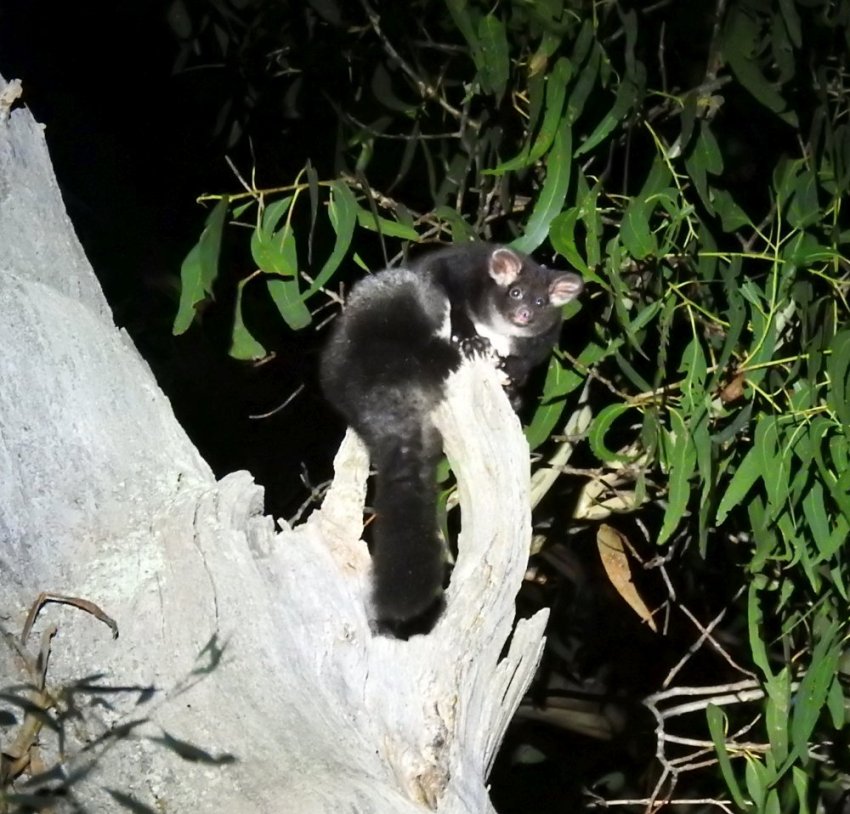
Environment Minister Tanya Plibersek released the government’s new threatened species action plan on October 4.
As she described Bruny Island, French Island, Kangaroo Island, Christmas Island, Norfolk Island and Raine Island as places that “can be like Noah's Ark” for threatened species in Australia, which she said was “the threatened species capital of the world,” I felt a pit in my stomach.
If this Noah’s Ark scenario is indeed what we’re facing, surely Plibersek can’t be serious when she calls Labor’s approach “ambitious”.
As long as the government continues to approve new coal and gas projects, there will be habitat destruction from land clearing to make way for mines. As long as the government continues supporting native forest logging, its zero extinction target remains a farce.
It is pouring fuel on the bushfires in which the greater glider went from “common” to “endangered” in just six years.
I’m a climate scientist, so when Labor’s climate bill came to the parliament, my heart sank: I knew it didn’t go far enough.
But while the government is unwilling to adopt science-based targets and commit to no new coal and gas, we need to start somewhere.
Fortunately, as part of negotiations with Labor, the Australian Greens were able to secure an important commitment to look at removing a Coalition loophole from the Renewable Energy Act, which allows wood sourced from the destructive logging of native forests to be classified as “renewable” energy when burnt in power stations.
The fact that logging native forests for energy could ever be seen as “renewable” is laughable.
The Intergovernmental Panel on Climate Change said in its sixth assessment report released earlier this year: “The protection, improved management, and restoration of forests and other ecosystems have the largest potential to reduce emissions and/or sequester carbon”; and “Safeguarding biodiversity and ecosystems is fundamental to climate resilient development, in light of the threats climate change poses to them and their roles in adaptation and mitigation”.
Our forests need to be protected for their role in soaking up and storing carbon and for their own sake, as the traditional lands of First Nations peoples, for their totems and songlines, water, wildlife and their beauty.
They should not be burnt in forest furnaces for fake renewable energy under scam “biomass” systems that undermine the integrity of real renewables.
Prime Minister Anthony Albanese is on the record opposing the woodchipping of native forests, stating in 2015: “Native wood waste is neither clean nor renewable.”
However, so far his government has not guaranteed their protection.
Sixty-six citizen scientists spent the night in some of Victoria’s native forests on October 9. They sighted 60 endangered greater gliders, securing a halt to logging in the area.
The incredible greater glider is one of the world’s largest gliding animals and was added to the endangered list by the federal government, with bushfires, logging and climate change listed as the key reasons for habitat loss.
The government’s so-called ambitious plan to get us to zero extinction will do little to protect the future of these precious greater gliders and other endangered species if there is no immediate and significant action on climate and habitat protection.
If this doesn’t happen soon, the gliders may be relegated to a future on Noah’s Ark.
[Janet Rice is a Victorian Greens Senator. Submissions to the discussion paper on classifying native forest biomass as renewable are now open.]